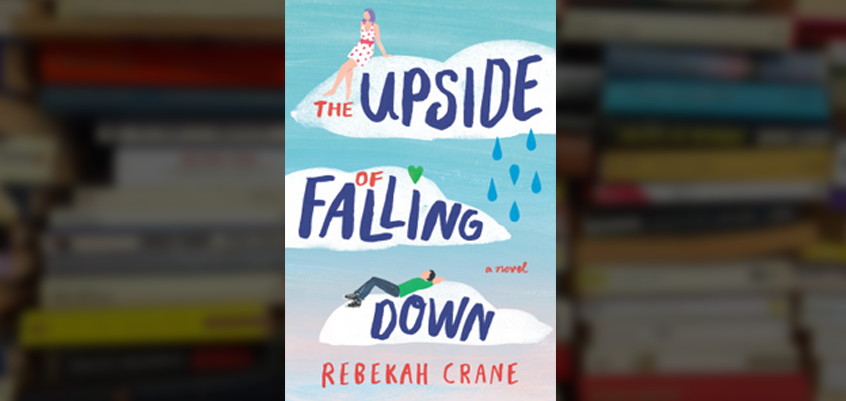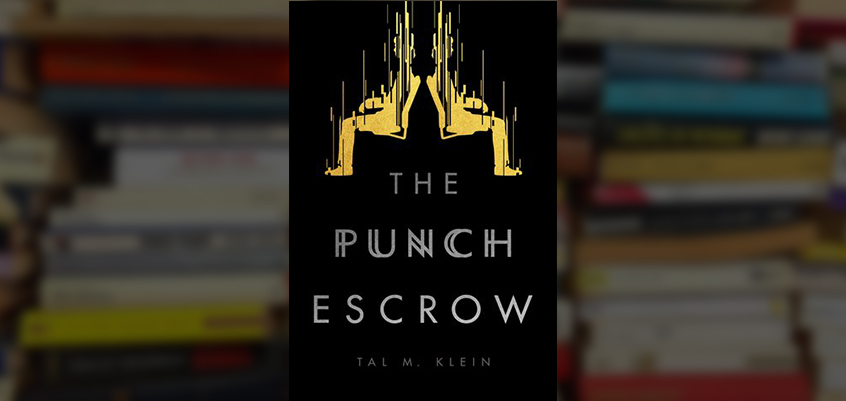Before we go on, as always I would like to clarify: This review is indeed free of spoilers for Kingdom of Copper. However, it will probably discuss plot points from the first book in the series, City of Brass. You can read my spoiler-free review of City of Brass here.
★★★★★

Where can I even begin? City of Brass was my absolute, number one book pick last year. It had everything: A dash of non-overpowering romance, three-dimensional characters, multiple POVs done right, mystery, intrigue, incredibly immersive worldbuilding and an amazing plot. I knew as soon as I finished it that, unlike quite a few of the books I review for Fictionist, I was absolutely going to buy Book 2. Possibly pre-order it. It was that good.
So, when I got the email from Harper Voyager saying I had access to an ARC of Kingdom of Copper… I almost had a heart attack. It’s November, and I get to read this beautiful thing before it releases next year. I tried so, so hard to hold myself back from reading it right away — you have other reviews waiting, I told myself, but to no avail. Once I read the first page I was hooked, and I spent my whole weekend in S.A. Chakraborty’s breathtaking writing.
This is not your usual fantasy ‘sophomore slump’ sequel. This book was every bit as enthralling as the first one; possibly a bit more. I’m a sucker for sequels where time has passed and people have lived their lives a bit before the story continues, and within the first couple of
This has quickly become one of my favorite fantasy series ever, right up there with Harry Potter and Sarah J. Maas’s Throne of Glass. It isn’t actually YA — it’s shelved in the adult fantasy section — but the themes, characters and liveliness remind me of the very best YA fantasy has to offer. It has great crossover appeal, and I think anyone who enjoys good writing and some magic would love it. Plus, there are YA novels (*cough* A Court of Thorns and Roses *cough*) that are infinitely more adult than City of Brass. (No need to go into detail there… you can Google “chapter 55 ACOMAF” if you want to know more.)
This book has plenty of representation — it’s set in the Middle East, with Nahri hailing from Cairo originally and following the Nile to arrive at the enchanted city of Daevabad. The characters don’t seem whitewashed, and Chakraborty thought through everything from food to architecture to clothes. There is also Muslim representation, as some characters are extremely pious, as well as LGBT representation in the form of the Crown Prince, or Emir. He sneaks around with his beau because his father wants to force him to marry Nahri, not because he is ashamed of his bisexuality (or pansexuality — it’s never specified, but Emir Muntadhir al Qahtani doesn’t seem to have any preferences).
A random thing I appreciate about S.A. Chakraborty’s writing: She has a glossary and a cast of characters at the end of her books, sure, but she doesn’t italicize every ‘special’ word.
First of all, if she did, a lot of the book would be italicized since she has a habit of pointing out foods, clothing items, weapons and more in each scene (for example: “Ali gulped, shivering as a cold breeze stole through his wet dishdasha”).
But secondly, it’s unnecessary. Italicizing words for no reason except that they aren’t in English ‘others’ them, pointing out that they’re something new and weird and maybe something the reader should look up or be concerned by. These words don’t need to be ‘othered.’ If you’re really curious in the moment you can Google the terms she doesn’t define in her
Anyway, that’s enough about the subtext of italicized words for today. If you haven’t read City of Brass, please read it as soon as physically possible. It will make your life better. If you have, then absolutely pre-order Kingdom of Copper! It will not let you down!


